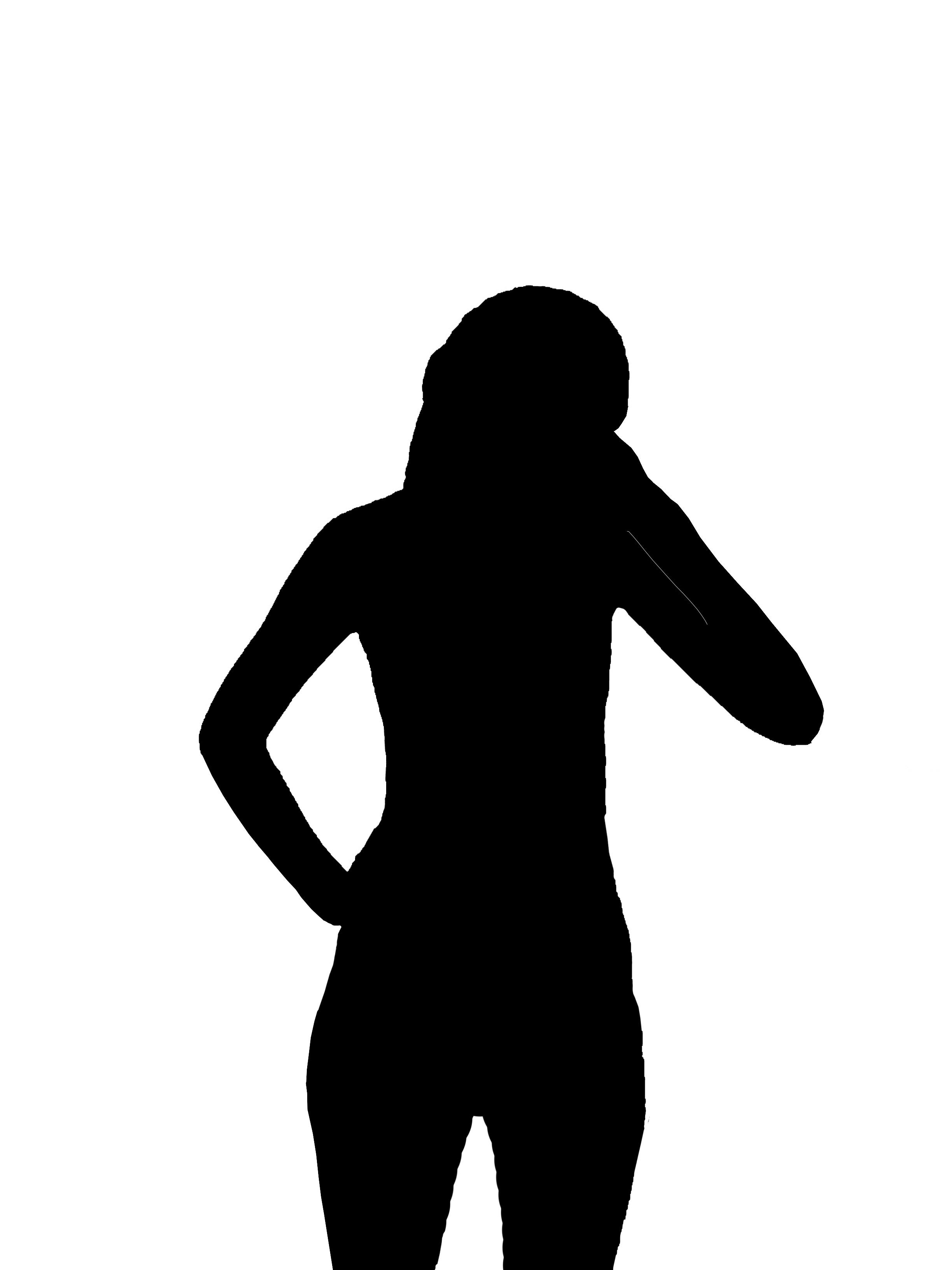Picture this: A naturally svelte woman approaches another woman of thicker build. “Wow, you’re so fat! How much do you weigh? You should really eat less.” The receiver is offended, naturally, so she lashes out. This is understandable — why should she dismiss such an inappropriate interrogation without sticking up for herself?

These comments seem completely rude and out of place when posed to someone who is overweight, but when fat is replaced with skinny and asked of an equally underweight woman, they become acceptable.
A thin woman is expected to absorb such sentiments as compliments.
This is part of a growing trend in modern culture. With self-acceptance being preached by corporations such as Dove, with its Real Beauty campaign, one would expect a rise in approval of all body types. However, many (especially larger) women have found self-affirmation at the expense of those with different builds.
A term that has recently surfaced to describe this phenomenon is “skinny-shaming,” in which women who feel pressure to be a certain weight when they aren’t genetically predisposed to be that weight sometimes lash out at those who are thin.
Even those with purely benevolent intentions can unknowingly spew insensitive words. How many times have you heard a well-meaning person comment on a girl’s low weight or encourage a naturally lean person to eat more? Young people especially can feel enormous pressure to avoid judgment. No one wants to be “that skinny girl” who is, predictably, eating less than everyone else.
Emily, a Palo Alto High School sophomore, whose name has been changed, has dealt with comments about her weight from a young age.
“When I was in 7th grade, my mom started putting me on fish oil,” she says. “I didn’t eat breakfast [one] morning because I was really late to school, and I took the fish oil without eating and it made me throw up. People started saying I was bulimic.”
Asking a girl if she is anorexic or inquiring about her waist size insinuates that you believe she is unhealthy — that she may have a mental illness. But people are skinny for many different reasons: food allergies, illness, athletics, or simply genetics. Jumping to conclusions about why a person is shaped a certain way perpetuates an unfair and insulting attitude.
“People like to twist things and blow them up,” Emily says.
A major component of this problem is the fashion industry. One often hears reassurances made to try to dissuade unhealthy diet and exercise habits: Those models are photoshopped. No one actually looks like that. Real women have curves.
Although these statements may boost the confidence of girls who can’t relate to tall, slim fashion models, some girls do see their own body types on the runway. Others, led to believe that this build is unrealistic or does not exist, come to the conclusion that an underweight girl must be starving herself to achieve a BMI that low. Obviously, this mentality is unhealthy and should not be cultivated.
Undeniably, those who are overweight face just as much (if not more) judgment and disgust from others as skinny girls. But even if you have ever felt victimized for your size or weight, don’t become part of the problem for another group.
No matter how nicely one tries to package comments about the appearance of an underweight person, they will never be truly welcome. Many try to comfort women who are recipients of “You’re so skinny!” or “You should eat more!” by telling them to take these as compliments. However, compare this to telling victims of street harassment and catcalls to be flattered that the perpetrators find them attractive.
Neither sexual nor weight-related comments should be brushed off; this is equivalent to sweeping these important issues under the rug. We must face these misguided comments head on in order to eliminate them.
“Just sticking up for yourself is really important, because if people see that when they talk to you about it, it doesn’t hit a soft point, they’ll realize that it’s not a sensitive topic for you,” Emily says.
Everyone should feel comfortable with their size and body type. However, using any physical build as a scapegoat is unacceptable as a means to this end.
“The healthy scale isn’t just one thing,” Emily says. “Just because you have more weight than me doesn’t mean you’re healthier than me. Everybody has a different homeostasis about what their body looks like when they’re healthy.”
Every person, tall or short, thin or curvy, should try to accept themselves while also acknowledging the validity of all other body types.



